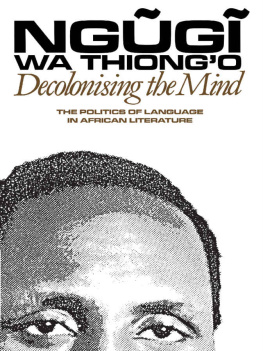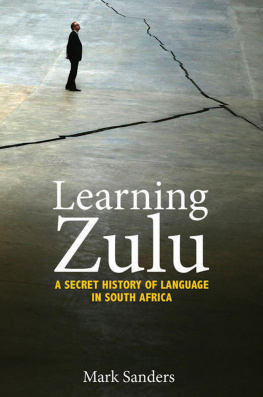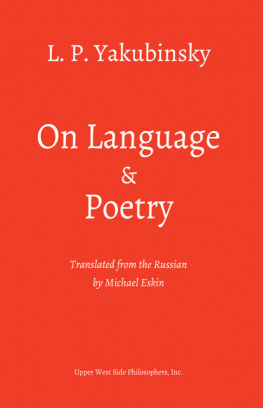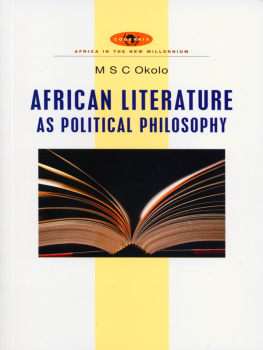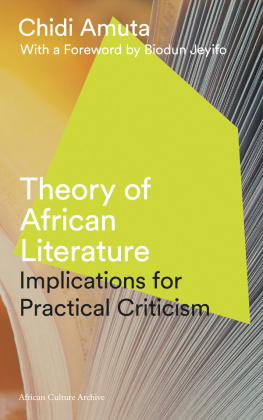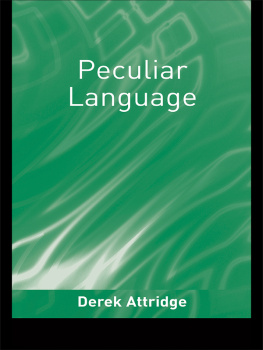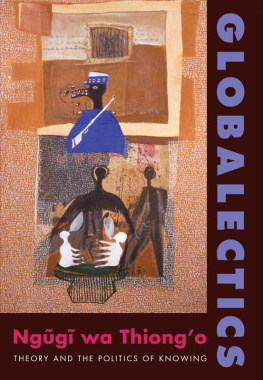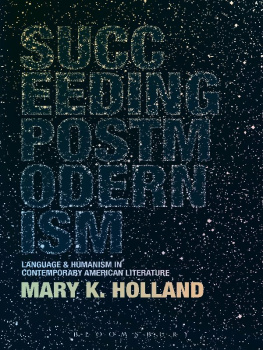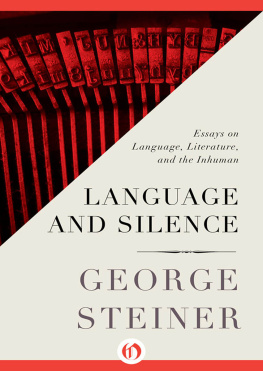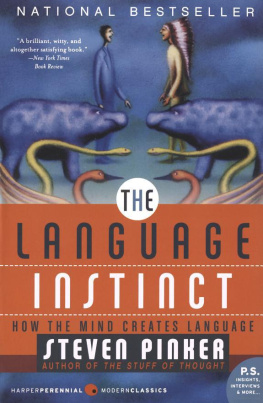Ngugi wa Thiongo
Writers in Politics
A Re-engagement with Issues of Literature & Society
Kenyas most famous son has always put the neo-colonial system in the dock and works for dismantling through the barrel of the pen. The revised edition of Ngugis collected essays contains fresh works, including a piece on Freedom of Expression written specifically for the campaign to release Nigerian playwright and environmental campaigner Ken Saro-Wiwa
Africa World Review
Ngugi wa Thiongo
Moving the Centre
The Struggle for Cultural Freedoms
The compelling emotional force of this book emerges from Ngugis convincing emphasis on a truly universal human culture and his continuing ability to personalize large political issues and to persuasively politicize his own personal experiences. Choice
the poet or storyteller, he argues, cannot peform his function within his own society unless he shares and enriches its tongue. The Kenyan government only moved decisively against him when he began to do precisely that, first imprisoning him, then driving him into exile. Shifting the burden of racism and post-imperial prejudice from literature is, however ; a global task , and one which Ngugi is now obliged to pursue from (New York) and in English. Gerald Moore in Le Monde Diplomatique
For a long time, Ngugis was a lone voice howling against the wind. Now people like Edward Said have joined in the war against cultural imperialism. Let battle commence.
Anver Versi in New African
Ngugi wa Thiongo
Decolonising the Mind
The Politics of Language in African Literature
Ngugis importance and that of this book lies in the courage with which he has confronted this most urgent of issues. Adewale Maja-Pierce in The New Statesman
Ngugi wa Thiongo 1981, 1982, 1984 and 1986
First published 1986
Reprinted 1988, 1989, 1991, 1992, 1994, 1997, 1999, 2001, 2003, 2005
All Rights Reserved. Except as permitted under current legislation no part of this work may be photocopied, stored in a retrieval system, published, performed in public, adapted, broadcast, transmitted, recorded or reproduced in any form or by any means, without the prior permission of the copyright owner
The right of Ngugi wa Thiongo to be identified as the author of this work has been asserted in accordance with sections 77 and 78 of the Copyright, Designs and Patents Act 1988
ISBN 978 1 80010 049 7 (James Currey Ebook)
eISBN 978 1 78744 397 6 (epub)
James Currey
www.jamescurrey.com
is an imprint of Boydell & Brewr Ltd
PO Box 9, Woodbridge, Suffolk IP12 3DF, UK
and of Boydell & Brewer Inc.
668 Mt Hope Avenue, Rochester, NY 14620, USA
www.boydellandbrewer.com
A CIP record for this title is available from the British Library
This book is gratefully dedicated to all those who write in African languages and to all those who over the years have maintained the dignity of the literature, culture, philosophy and other treasures carried by African languages
Contents
Acknowledgements
The Language of African Literature has a long history. Part of it was originally given as a paper at a conference organised by The Writers Association of Kenya in December 1981 on the theme Writing for our Children. A slightly altered version of the original paper was also given at a conference on Language and African Literature at the University of Calabar, Nigeria in 1982. The same version again slightly altered was tabled at the Zimbabwe International Book Fair in 1983 and subsequently published in an African Writers Association (AWA) newsletter in the same year. The present is an expanded version and goes very much beyond the scope of the one preceding it. An abridged version of this paper was first read at a university seminar at the Bayreuth University in July 1984. The same, only slightly changed to suit the occasion, was read as the opening speech at the Conference on New Writing from Africa, at the Commonwealth Institute in London in December 1984. The paper, slightly abridged, was first published in New Left Review no. 150 in 1985.
The Language of African Theatre was also read at the University of Zimbabwe in August 1984 under the auspices of the Literature Department and the Zimbabwe Foundation for Education with Production.
The Language of African Fiction has also been read in Harare, Zimbabwe under the auspices of the Institute of Development Studies in August 1984 and at the Institute of wealth Studies, University of London, in February 1985.
Preface
I was glad to be asked to give the 1984 Robb lectures in honour of Sir Douglas Robb, former Chancellor of Auckland University and one of New Zealands most distinguished surgeons. Universities today, particularly in Africa, have become the modern patrons for the artist. Most African writers are products of universities: indeed a good number of them still combine academic posts and writing. Also, a writer and a surgeon have something in common a passion for truth. Prescription of the correct cure is dependent on a rigorous analysis of the reality. Writers are surgeons of the heart and souls of a community. And finally the lectures would never have been written, at least not in the year 1984, without the invitation from Auckland University.
I want to thank the Chancellor, Dr Lindo Ferguson, the Vice-Chancellor, Dr Colin Maiden, the Registrar, Mr Warwick Nicholl and their staff for both the invitation and the warm reception. Professor Michael Neil and Mr Sebastion Black were meticulous and helpful in all the arrangements. They, together with Professor Terry Sturm and the staff of the English Department, made me feel at home. Thanks also to Wanjik Kari and Martyn Sanderson for their friendship and constant attention during the visit and for readily participating in the lectures as actors with only short notice; to Professor Albert Wendt, the Samoan novelist, and his wife Jenny, who laid on a big reception for us at their home at the University of South Pacific, Fiji, and took time to drive us around Suva; to Pat Hohepa who arranged a very moving Maori welcome; and to all the Maori people inside and outside the University who welcomed us in their houses or places of work. A sante sana!
I felt particularly touched by the welcome I received from the Maori people and it will long live in my memory. There is a lot to learn from the culture of Maori people, a culture which has such vitality, strength and beauty: the vitality, strength and beauty of resistance. I was happy therefore that my lectures on The Politics of Language in African Literature coincided with Maori language week. Long live the language and the struggling culture of the Maori people!
Apart from the stimulus of the New Zealand invitation, the lectures owed a lot to the time I spent at the Bayreuth University in West Germany as a Guest Professor attached to the Department of English and Comparative Literature from 15 May to 15 July 1984. I want to thank Professor H. Ruppert, co-ordinator of the special research project on identity in Africa, and the German Research Council for the invitation; and Professor Richard Taylor and the entire staff of the English department for their warm reception. I would like to single out Dr Reinhard Sander (who arranged the visit), Dr Rhonda Cobham, Dr Eakhard Breitinger, Dr Jurgen Martini and Margit Wermter, for making their time available and for providing me with a cosy and stimulating intellectual atmosphere for work. To Dr Bachir Diagne from Senegal, with whom I shared the house at St Johannes village, I feel a special indebtedness for all the sessions on mathematical logic, Louis Althusier, Michael Pcheux, Pierre Macherey, Ferdinand de Saussure, Leopold Sdar Senghor, Wolof, African philosophy and much more. He also did translations of some passages from French into English.
Next page
